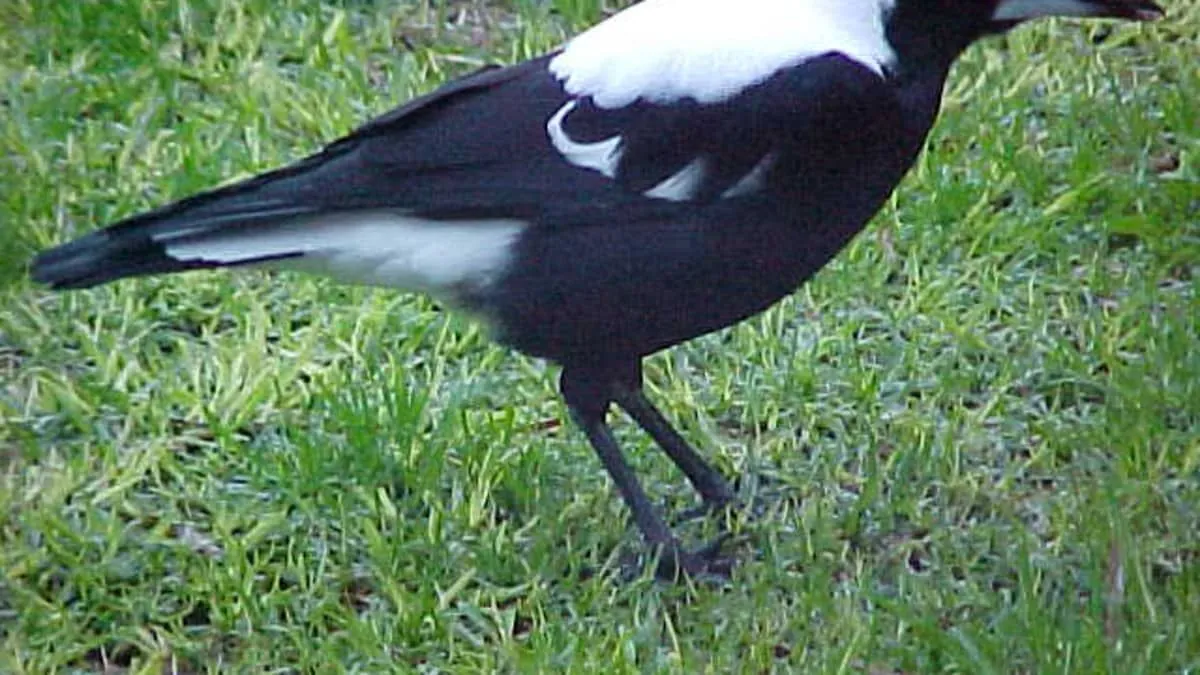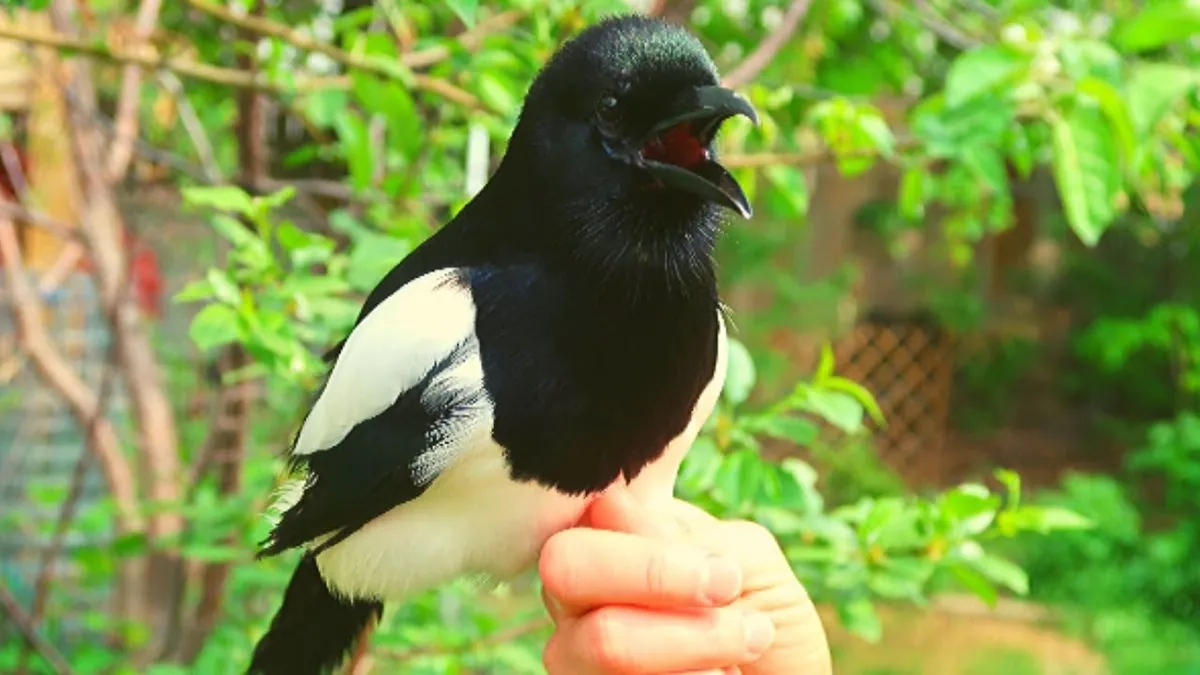Chidgey's "The Axeman's Carnival": A Magpie's Tale of Love and Virality
Catherine Chidgey's novel explores the bond between a woman and a magpie, blending domestic drama with online fame. The story unfolds through the bird's unique perspective, offering a poignant commentary on human-animal relationships.

Catherine Chidgey's latest novel, "The Axeman's Carnival," offers a unique perspective on human-animal relationships, reminiscent of Stephen Spielberg's "A.I." released 23 years ago. This New Zealand author's work skillfully combines elements of domestic drama, suspense, and social commentary, all narrated through the eyes of an Australian magpie named Tama.
The story revolves around Marnie, a sheep farmer's wife who rescues Tama as a newborn. Despite her husband Rob's objections, Marnie raises Tama in their home, treating him as a surrogate for the child she lost to miscarriage. Chidgey's portrayal of this unconventional bond is both tender and unsettling, highlighting the complex emotions involved in human-animal interactions.
Tama's narration provides a fascinating lens through which to view the human world. The author masterfully balances the bird's innate avian nature with his acquired human-like traits. Tama's observations are rich in sensory detail, yet his verbal communication with humans consists of learned phrases, often resulting in unintentionally humorous or inappropriate utterances.

Marnie's decision to share Tama's antics online leads to unexpected viral fame. She dresses the magpie in various costumes and live-streams his activities, resulting in a merchandise line that includes a talking Tama toy. This subplot offers a sharp commentary on the nature of internet celebrity and its potential consequences.
"Me perched on the edge of the toilet seat. Me as a DIY rotisserie. … Me in the bath, underneath the showerhead, wearing a tiny shower cap. … Me wearing a pirate hat, a top hat, a nurse's hat. Me wearing bunny ears. Me dressed as Batman."
The novel doesn't shy away from darker themes. Rob's struggle with alcoholism and his history of domestic violence are observed through Tama's innocent yet perceptive eyes. The titular Axeman's Carnival, an agricultural fair featuring a wood-chopping competition, serves as a metaphor for the barely contained aggression in their rural community.
Chidgey's work, which earned her a second Jann Medlicott Acorn Prize in New Zealand, is a testament to her storytelling prowess. "The Axeman's Carnival" is a multifaceted exploration of love, nature, and the sometimes blurred lines between human and animal worlds. Through Tama's unique voice, readers are invited to reconsider their relationships with the natural world and the responsibilities that come with caring for other beings.


































